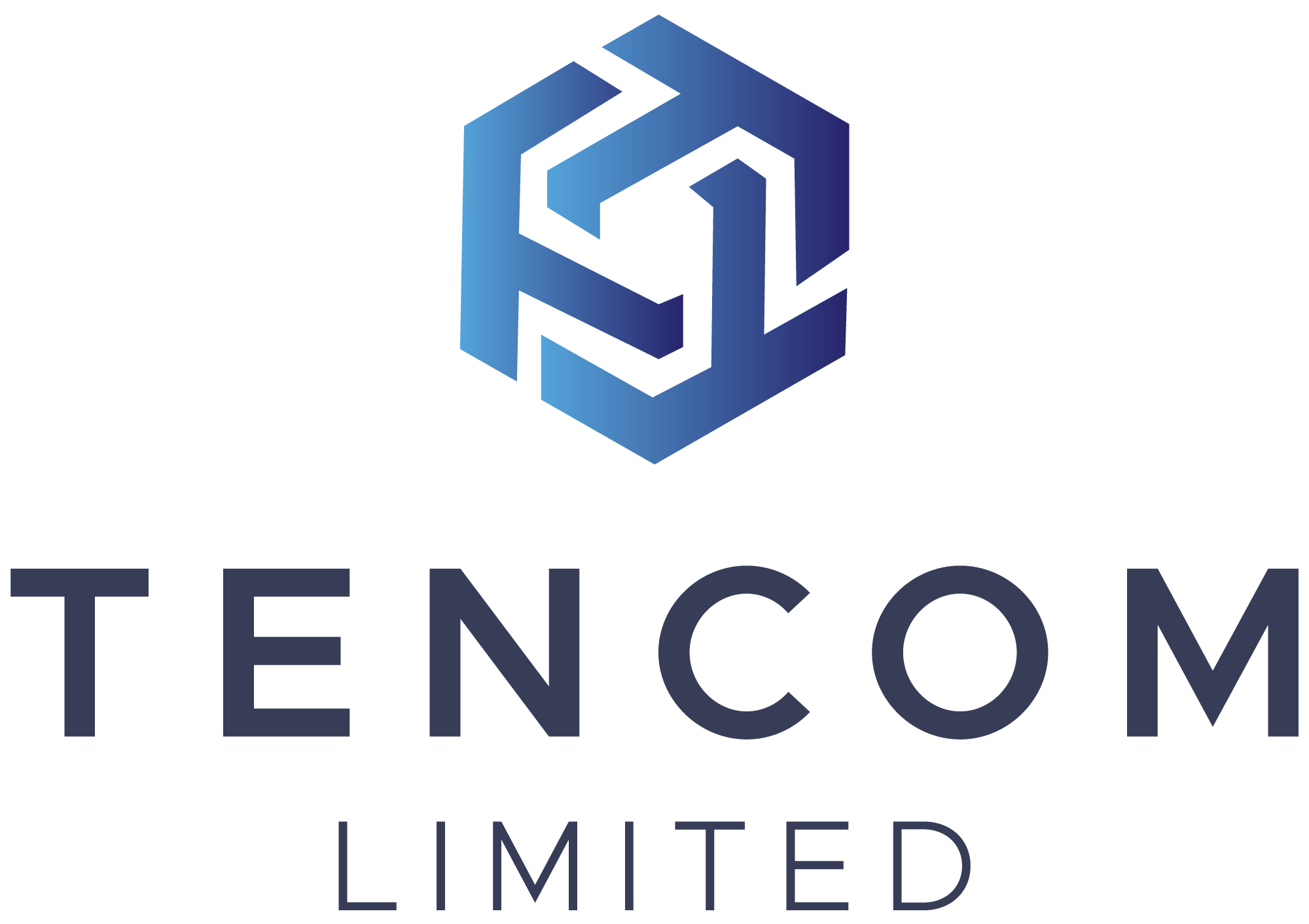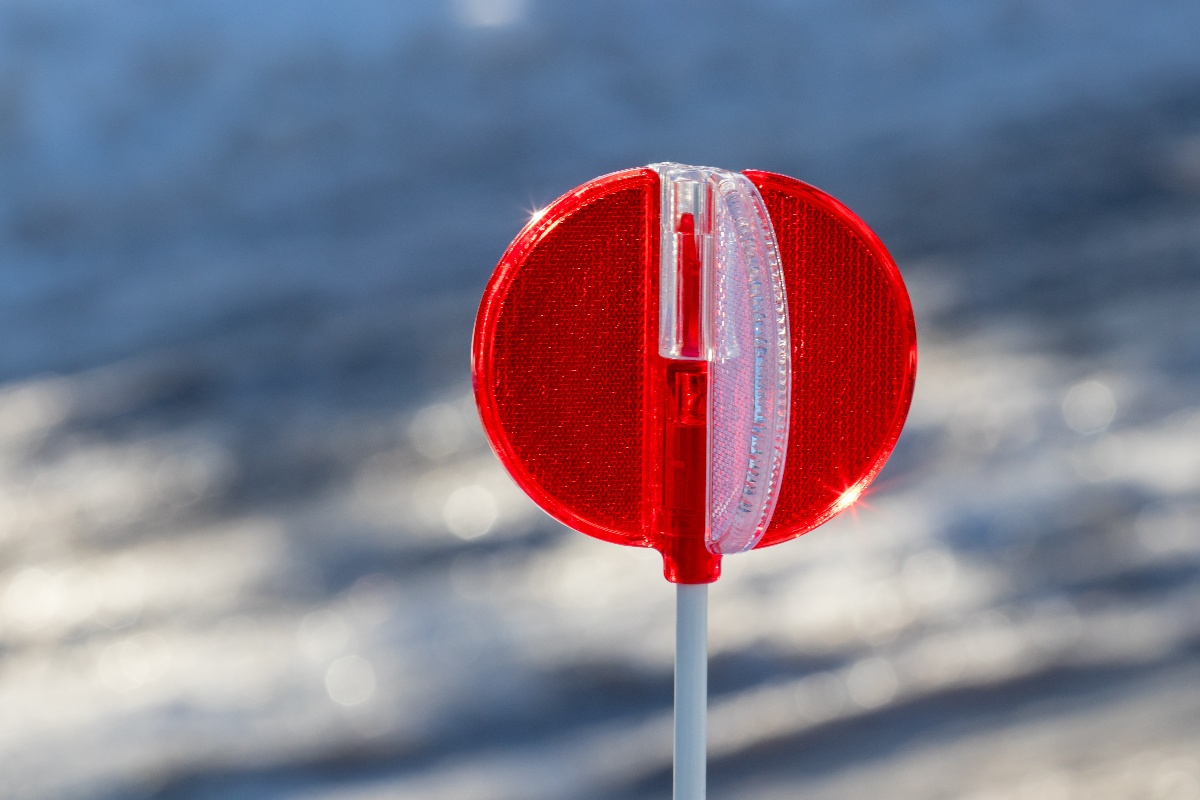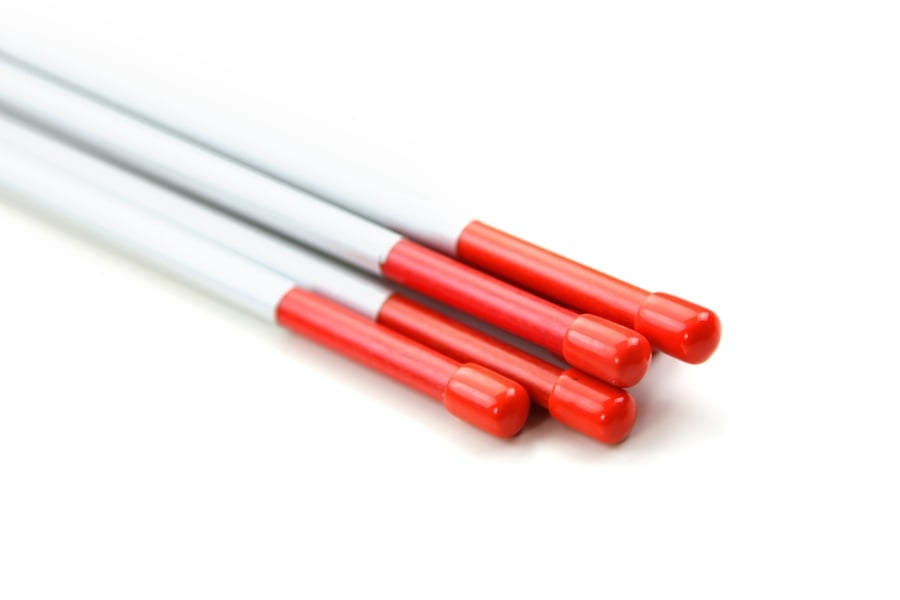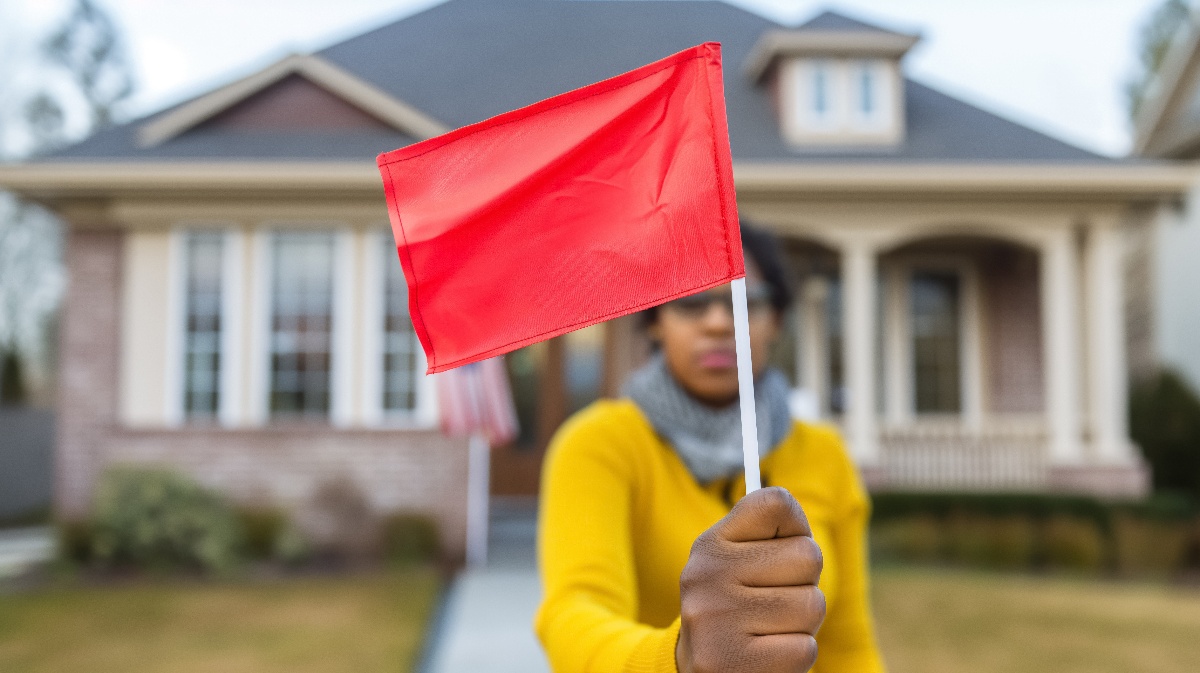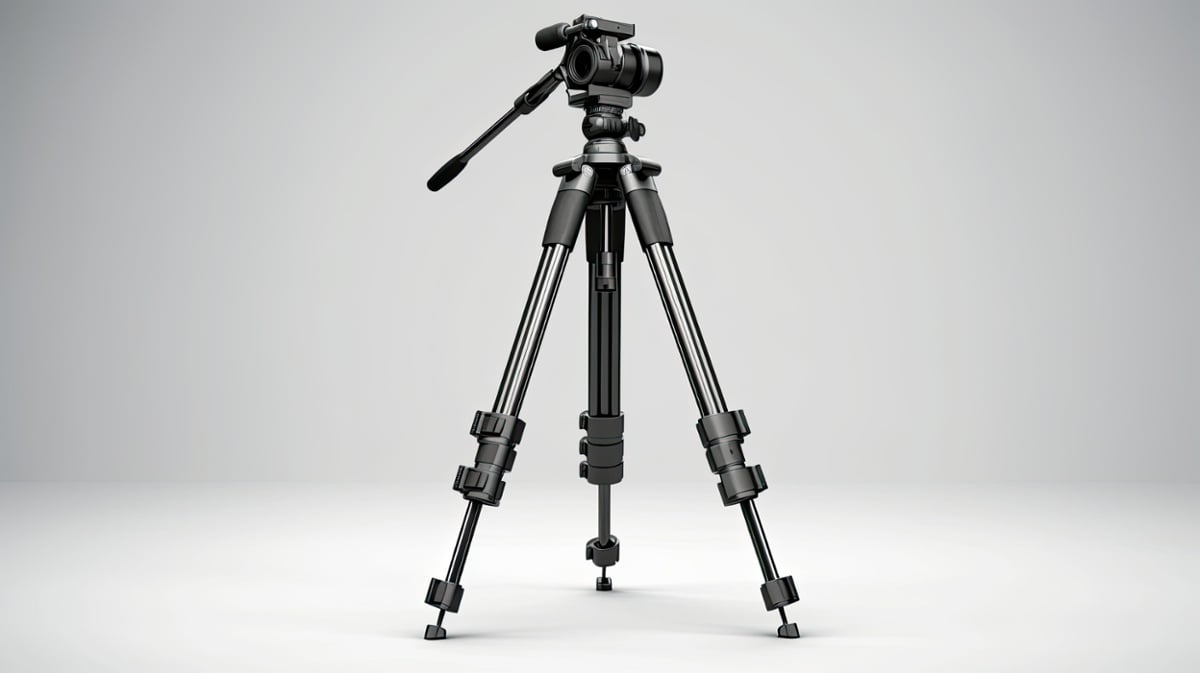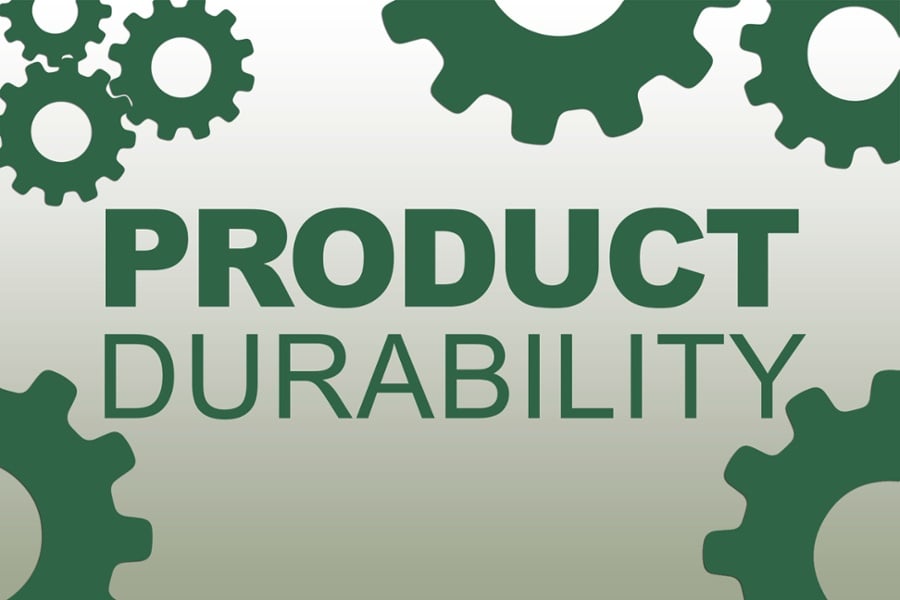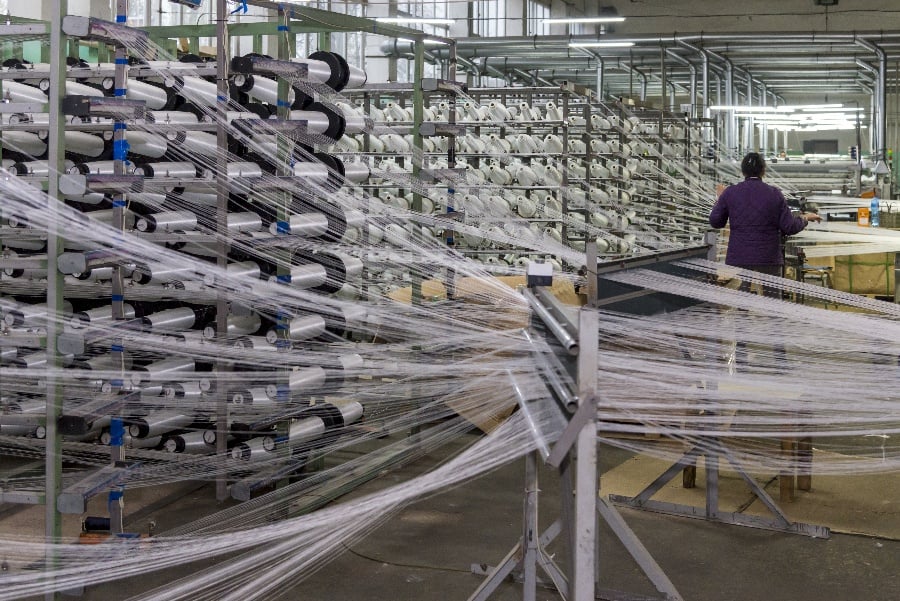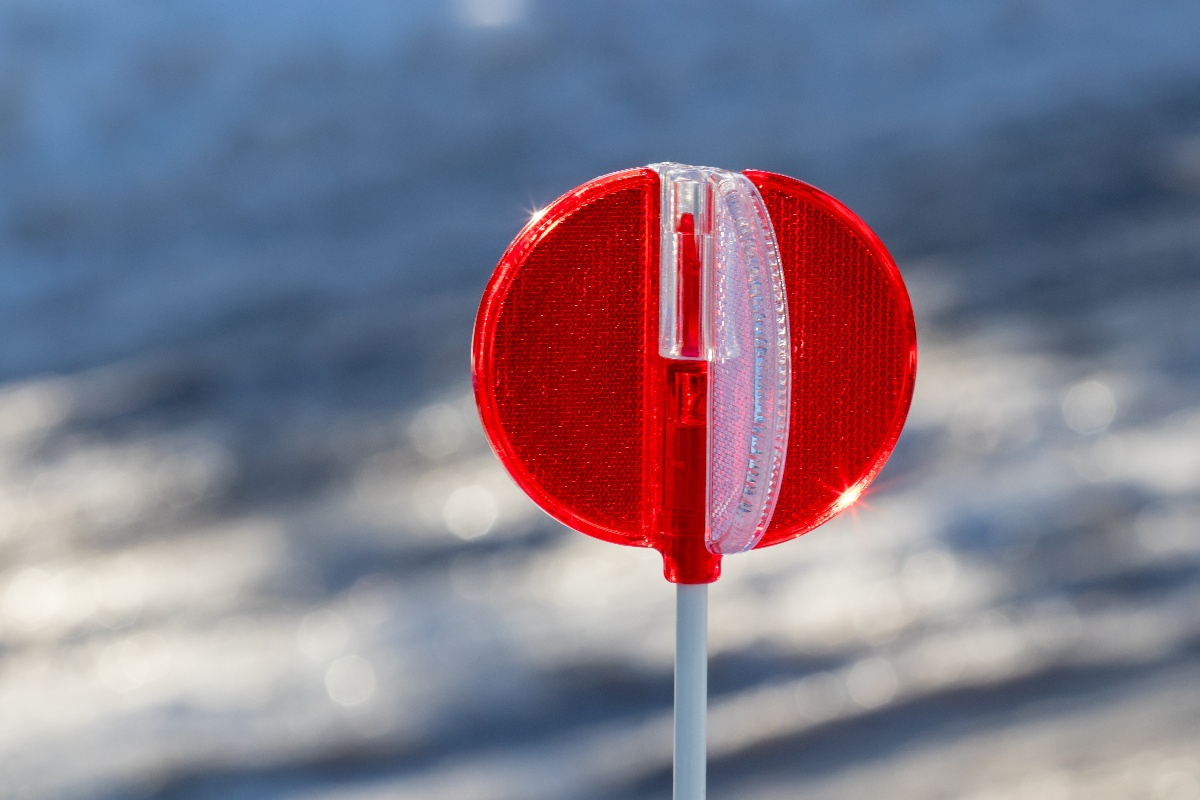
Driveway markers serve an important purpose–to clearly identify the location of a driveway entrance to prevent unwary vehicles from accidentally pulling in. Proper driveway delineation and visibility is a critical safety and liability issue for homeowners. These markers also help in the maintenance of driveways, preventing damage to the surrounding landscape by indicating the limits of the drivable area.
From a safety perspective, driveway markers are indispensable in adverse weather conditions. In areas prone to heavy snowfall, for instance, they mark the outlines of driveways, aiding snow removal processes and preventing vehicles from veering off the path. In rural or less illuminated areas, reflective driveway markers contribute significantly to nighttime safety. They catch the headlights of vehicles, providing a luminous guide through dark and potentially hazardous routes.
By reviewing available materials, designs, and engineering innovations in driveway markers, the most effective options can be selected to promote safety and protect property. This article provides comparative analysis and recommendations based on different conditions and needs.
Design Considerations for Modern Driveway Markers
Today's driveway markers offer a range of aesthetic shapes, styles and colors to suit homeowner preferences. However, aesthetics should not override functionality–driver and pedestrian safety must be the first priority. Reflective elements should be prominent regardless of shape. Popular earth-tone colors tend to blend into landscapes. Brighter, high-contrast colors promote better visibility.
Durability is also essential for long-term cost effectiveness. UV-resistant plastics, well-sealed electronics, and reinforced mounting designs help maximize marker lifespan. Cold weather performance also varies–some markers become brittle in low temperatures while others retain flexibility. Snow plowing takes a toll, so heavier base materials and replaceable components are preferable.
Reflectivity and visibility are the primary functions of any driveway marker. Optimal reflective coatings and technologies like retroreflectors multiply nighttime visibility versus non-reflective markers. Also consider size, height/elevation, positioning, ambient lighting, redundancy in marking driveways to maximize visibility from all approach angles.
Ease of installation and maintenance should factor into design as well. Adhesives, spikes and ground stakes enable DIY installation. Permanent foundations like poured concrete increase longevity but require professional installation. Modular markers allow customization and replacement of damaged sections. Understanding expected maintenance effort affects the return on investment.
Comparing Driveway Markers
When selecting the optimal driveway marker, how different materials withstand the elements over time is a key consideration. Plastics offer flexibility and low cost, but durability varies widely. Polycarbonate blends with UV inhibitors fare better than basic PVC. Aluminum provides a major upgrade in strength and weather-resistance. Steel is even brawnier, with galvanization countering corrosion.
More permanent materials like fiberglass-reinforced composites and fired ceramics offer longest working life but at higher initial pricing. For northern climates, softer plastics become brittle once temperatures drop below -10°F. Flexible polyethylene stands up to winter plows better. Fiberglass, steel, and aluminum have the highest snow plow rating.
There are also several innovations that are promising for improved driveway marker performance. Self-contained solar cells charging small onboard batteries can now power bright LED lamps in markers for superior nighttime visibility. Radio frequency identification tags embedded in markers could allow future autonomous vehicles to precisely locate driveways. This technology remains conceptual but shows promising possibilities.
Fiberglass: An Optimal Material for Driveway Markers
As a material for driveway markers, pultruded fiberglass offers unparalleled durability and customization potential at affordable pricing. The pultrusion manufacturing process combines polyester resin with fiberglass reinforcement to produce robust stakes that are up to 70% lighter than steel alternatives.
Compared to wood, plastic or metal markers, fiberglass driveways stakes shine for their all-weather resilience. Properly engineered composite matrices make them impervious to moisture, UV radiation, temperature swings, and chemical corrosion. Once installed, the elimination of rotting, warping, rusting, peeling or cracking means minimal maintenance for more than 15 years of reliable marking and reflectivity.
Fiberglass lends itself to fabrication of customized marker designs to meet project needs. Colors, shapes, sizing, textures and functional coatings like reflectivity beads can be molded right in during manufacturing. The ability to create markers with optimal visibility and aesthetics for a property avoids secondary painting/treatment costs down the road. Plus, lightweight fiberglass stakes minimize shipping costs and simplify carry and installation by homeowners or landscapers.
As communities and businesses upgrade infrastructure elements like road signs, fence posts and utility equipment to sustainable, long-lasting fiberglass, adopting fiberglass over other materials for driveway markers is a logical next step. Their durability and customization lend themselves to high-visibility applications where consistency, low maintenance, and precision marking are vital over the long term. Professional landscapers and architects planning long-lifespan outdoor builds should evaluate fiberglass markers as a superior material solution.
Safety and liability risks require permanent visual markings to delineate private driveways. When selecting driveway markers, the hierarchy of critical factors starts with reflectivity and visibility, followed by structural durability against all weather elements and impacts. While initial cost differs, the longest-lasting materials like fiberglass composite end up most cost effective over 10 to 15 year lifespans. Professional installers should educate residential and commercial clients to make informed, smart investments to protect property and lives with superior engineered driveway markers.
